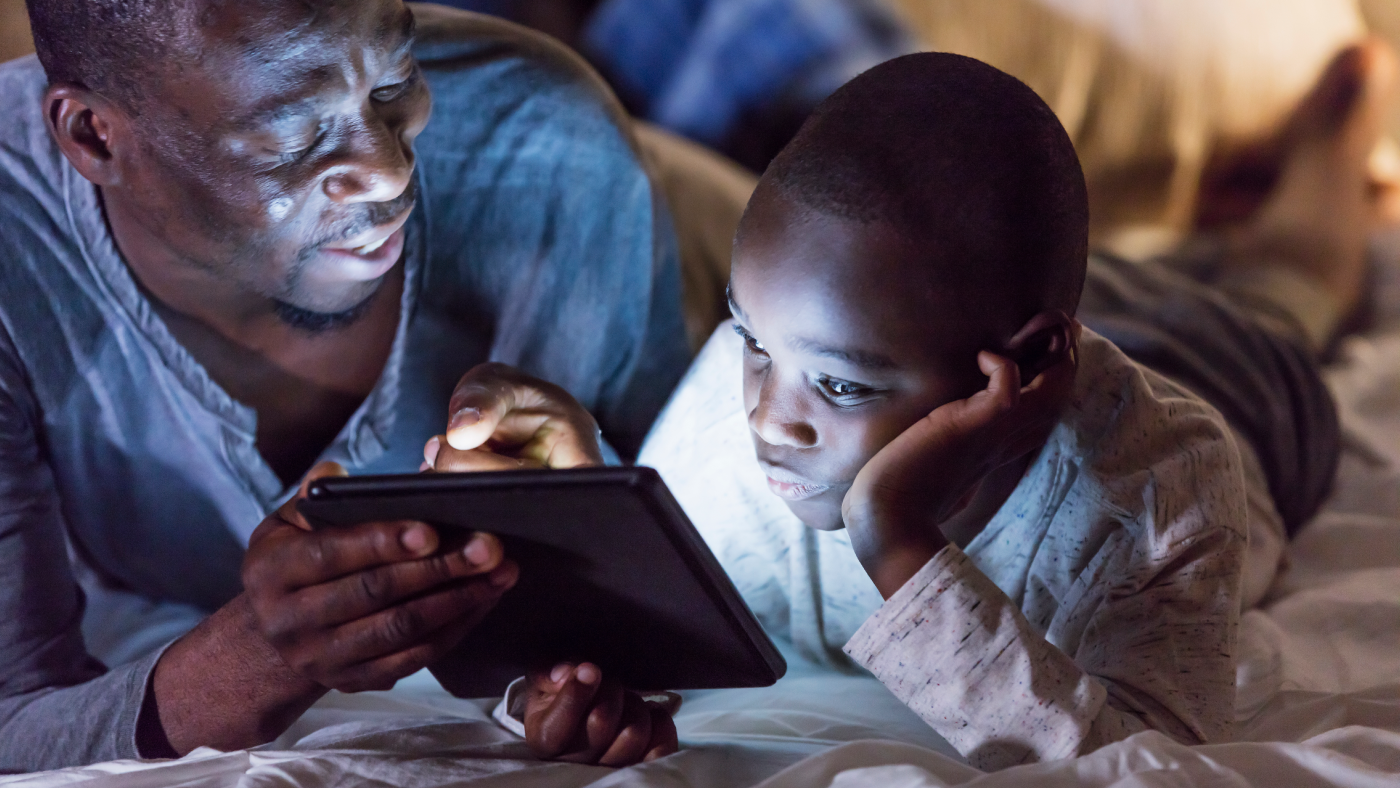
Audiences are declining for traditional news media in the U.S. – with some exceptions
A declining share of U.S. adults are following the news closely, and audiences are shrinking for several older types of news media.
A declining share of U.S. adults are following the news closely, and audiences are shrinking for several older types of news media.
Compare your tipping habits with those of the overall public by visiting Tipping Point, the small town with a big-city feel.
Through the first three quarters of 2023, retail e-commerce totaled $793.7 billion, or 14.9% of all retail sales.
While service quality is the main driver of Americans’ tipping decisions, about three-in-ten U.S. adults also cite workers’ pay before tips as a major factor they consider.
Today, 52% of Americans are more concerned than excited about AI in daily life, compared with just 10% who say they are more excited than concerned.
35% of U.S. parents with children younger than 18 say they are extremely or very worried that their children might be bullied at some point.
Roughly one-in-five teenagers who have heard of ChatGPT say they have used it to help them do their schoolwork.
The transition of the news industry away from print, television and radio into digital spaces has caused huge disruptions in the traditional news industry, especially the print news industry. Today, an overwhelming majority of Americans get news at least sometimes from digital devices.
In just three years, the share of U.S. adults who say they regularly get news from TikTok has more than quadrupled, from 3% in 2020 to 14% in 2023.
43% of U.S. adults say they have ever personally worked in a job where they received tips. Roughly six-in-ten (57%) have not had this experience.

Roughly four-in-ten Americans have experienced online harassment. Growing shares face more severe online abuse such as sexual harassment or stalking.
Two-thirds of parents in the U.S. say parenting is harder today than it was 20 years ago, with many citing technologies, like social media or smartphones, as a reason.
From distractions to jealousy, how Americans navigate cellphones and social media in their romantic relationships.
Majorities of U.S. adults believe their personal data is less secure now, that data collection poses more risks than benefits, and that it is not possible to go through daily life without being tracked.











